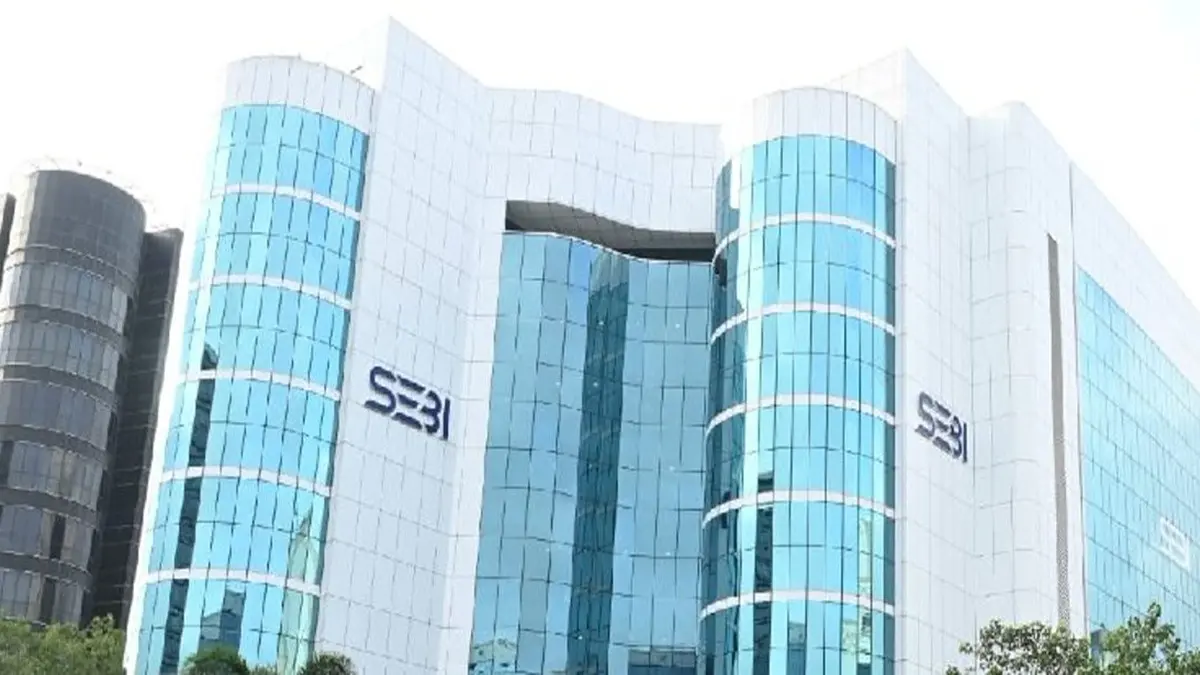Updated 18 June 2025 at 14:16 IST
Big Win Or Big Risk? SEBI’s New Proposed Reforms Could Redefine Who Can Invest: What It Means For Investors
SEBI has floated a consultation paper to revamp its investor accreditation framework. It proposes allowing all KRAs to act as accreditation agencies and enabling AIFs to provisionally onboard investors based on internal due diligence.
- Republic Business
- 3 min read

Market regulator Securities and Exchange Board of India (SEBI) has proposed easier onboarding of accredited investors to fast-track investments in alternative funds. In a consultation paper released on June 17, 2025, SEBI suggests two significant reforms to improve efficiency and reduce compliance bottlenecks in the accreditation process:
Allow all KYC Registration Agencies (KRAs) to act as accreditation agencies,
Permit Alternative Investment Funds (AIFs) to provisionally onboard investors based on their own due diligence.
These proposals are intended to reduce the turnaround time, lower costs, and remove redundancies that currently delay investments into high-risk, high-return opportunities like angel funds and unlisted companies.
Why Accreditation Matters
Accredited investors are considered financially sophisticated and capable of evaluating complex investment risks. SEBI’s accreditation framework, first introduced in 2021 and simplified in 2023, is designed to protect retail investors while enabling capital formation in new-age ventures.
At present, only two entities—CDSL Ventures Ltd and NSDL Data Management Ltd—are authorised as accreditation agencies. Both are also KRAs. As of May 29, 2025, there are 649 accredited investors in India.
Reform 1: Let All KRAs Act as Accreditation Agencies
Currently, only subsidiaries of stock exchanges and depositories can act as accreditation agencies. SEBI now proposes expanding this to include all five KRAs registered with it. The rationale:
Wider access: All KRAs already handle investor KYC data and are equipped to conduct verification.
Regulatory clarity: KRAs are already SEBI-registered intermediaries, unlike accreditation agencies, which currently operate under temporary recognition.
Increased competition: More agencies will lead to lower fees and faster processing.
“It would be an opportune time now to make this transition, since both the currently operational accreditation agencies are KRAs,” SEBI noted in the paper.
Read More - Why Are BSE Shares Falling On NSE After Expiry Day Change?
Reform 2: AIFs Can Provisionally Onboard Investors
To avoid delays in capital raising, SEBI is also considering allowing AIF managers to provisionally onboard investors as accredited, based on internal due diligence—even before the formal accreditation certificate is issued.
However, several conditions will apply:
Investors' capital commitments won’t count towards the fund corpus until they are fully accredited.
No funds can be accepted from such investors before certification.
For close-ended AIFs, if investors fail to get certified before the fund’s final close, their commitments will be considered void.
The AIF industry has welcomed the move. The working group on Ease of Doing Business (EoDB) and SEBI’s Alternative Investment Policy Advisory Committee (AIPAC) both backed the proposals.
“The manager of AIF, being the first point of contact and forwarding application of investors to accreditation agencies is being followed presently as a market practice,” SEBI stated.
Have Your Say: SEBI Seeks Public Comments
SEBI has invited public feedback on the proposals until July 8, 2025. Stakeholders can submit comments via the SEBI website or email them.
Advertisement
Published By : Gunjan Rajput
Published On: 18 June 2025 at 14:16 IST
